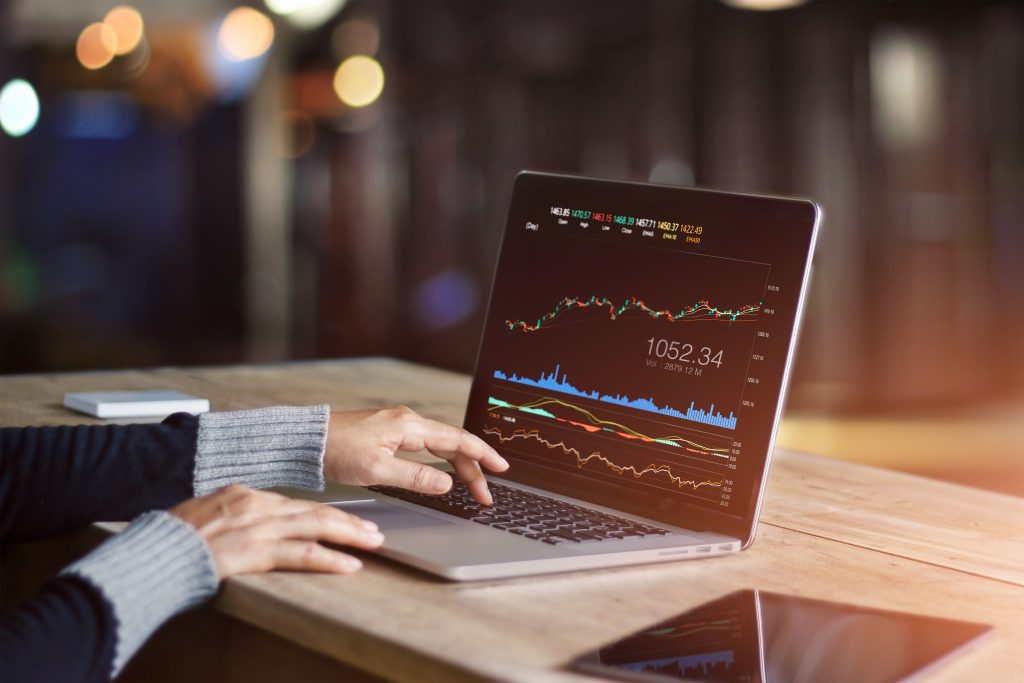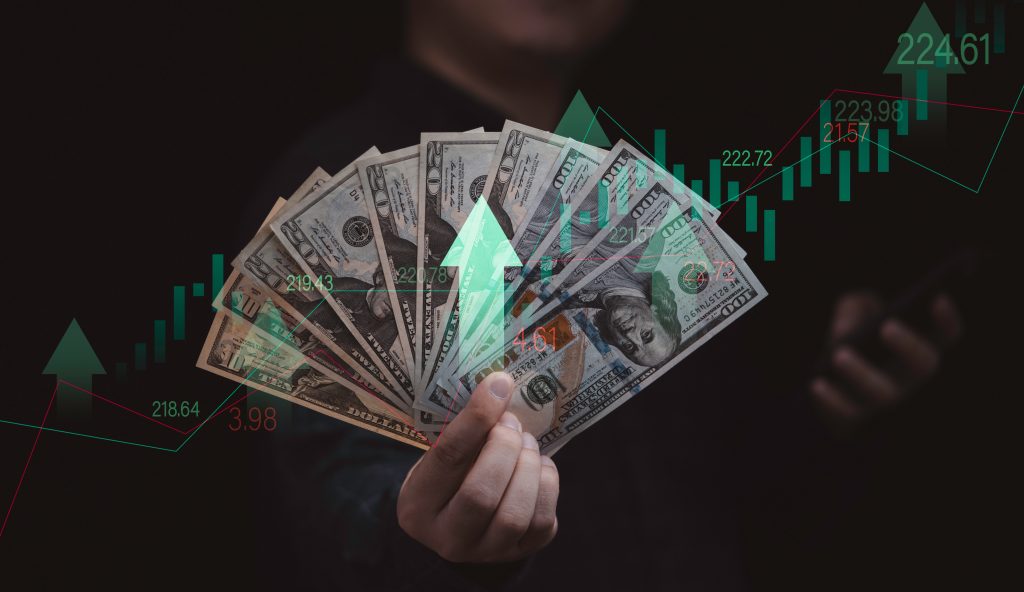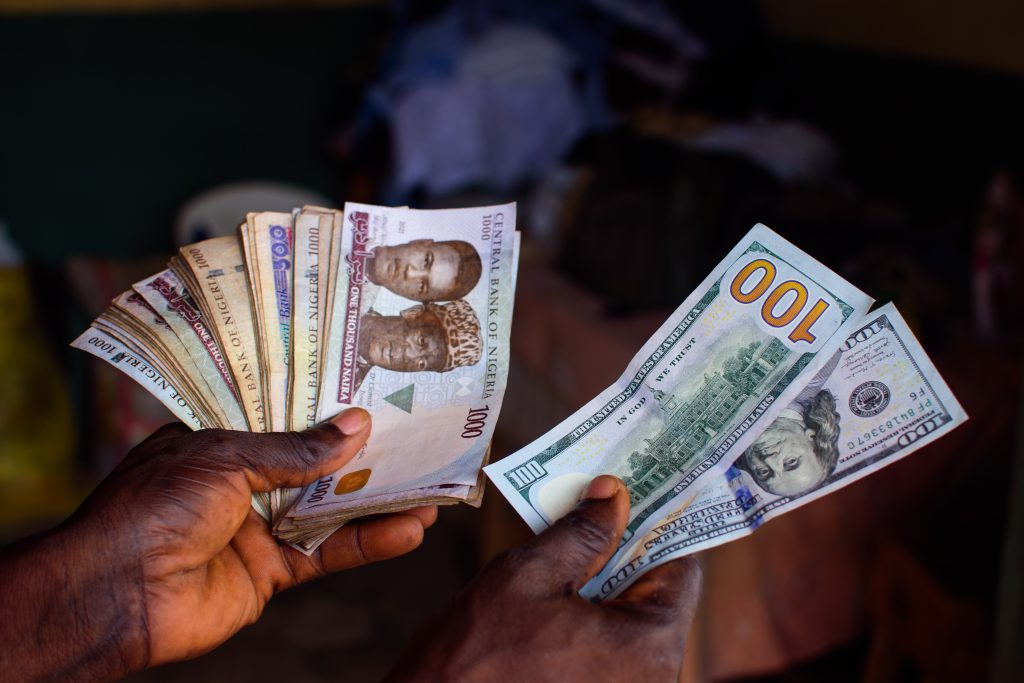Things You May Not Know About Forex Trading
Understanding the dynamics of forex trading is crucial for individuals delving into this financial domain. Here are some insightful revelations that might not be widely acknowledged:

Firstly, in forex trading, individuals typically engage directly with the dealer unless they deal with regulated futures or options on an exchange. This over-the-counter (OTC) trading setup means that traders are essentially trading against their dealer, who profits from their trades through various means such as frequent trading, incurred losses, or fees and commissions.
Secondly, statistics indicate a notable proportion of forex traders experience financial losses, with around two-thirds of OTC forex customers ending up with negative returns after factoring in all expenses like credits, fees, and financing charges. Only about one-third of traders manage to make a profit.
Additionally, when traders execute forex trades through electronic platforms or dealer websites, they connect to the dealer’s proprietary system, which grants the dealer control over the trading environment, including the displayed prices. Some unregistered offshore dealers have even manipulated trade data to defraud customers.

Moreover, traders’ ability to close or offset positions is limited to the options provided by the dealer’s platform, which adds another layer of dependency on the dealer. Furthermore, deposits made with forex dealers are not protected, exposing customers to risks if the dealer becomes insolvent or disappears.
It’s crucial for traders to meticulously review account agreements and understand the rights and protections afforded to them before depositing funds. Additionally, forex trading involves using a margin, which magnifies gains and losses. Traders may be required to maintain a minimum margin to open and hold positions, subjecting them to the risk of losing more than their initial deposit if the market moves unfavorably.
Dealers often employ salespeople or affiliate marketers to attract customers to their platforms. These individuals may need more trading expertise and could have hidden incentives to bring in new customers. Finally, many fraudulent forex schemes originate on social media platforms, dating apps, or unsolicited emails, with warning signs including promises of guaranteed returns, requests to communicate off-platform, and acceptance of digital assets as payment.

Traders should exercise caution and thoroughly vet any offers received through these channels. By being aware of these lesser-known aspects of forex trading, individuals can make more informed decisions and mitigate potential risks associated with this complex financial market.
